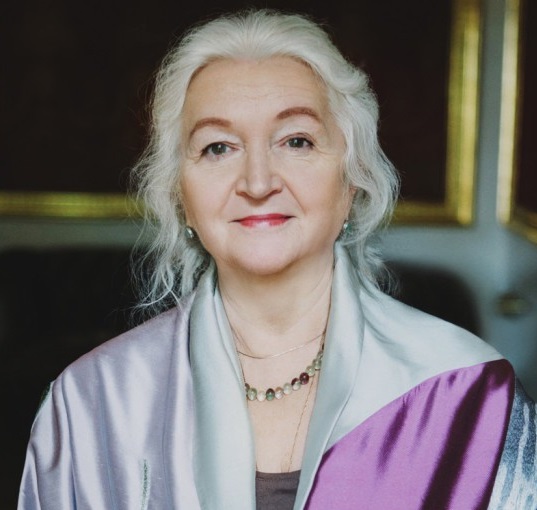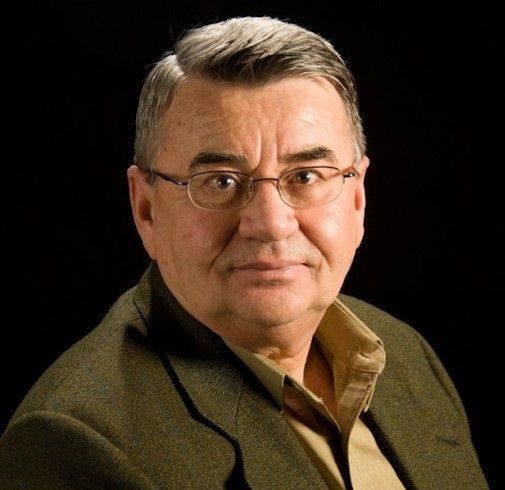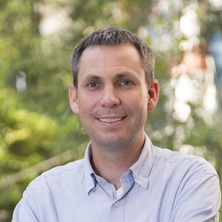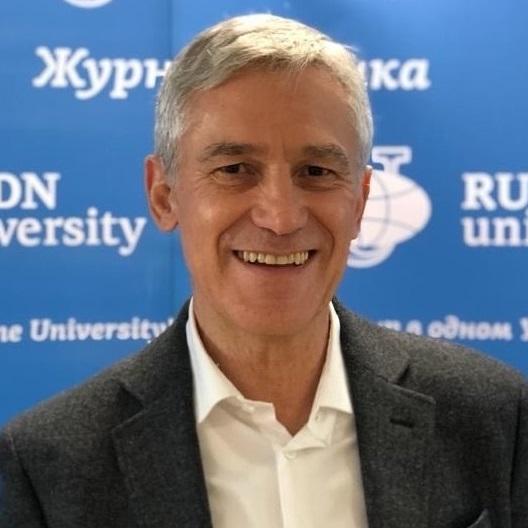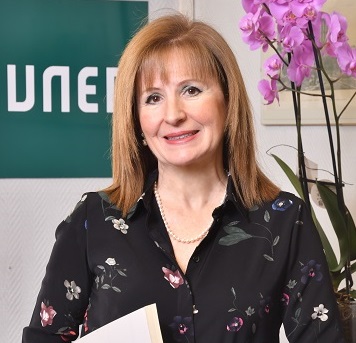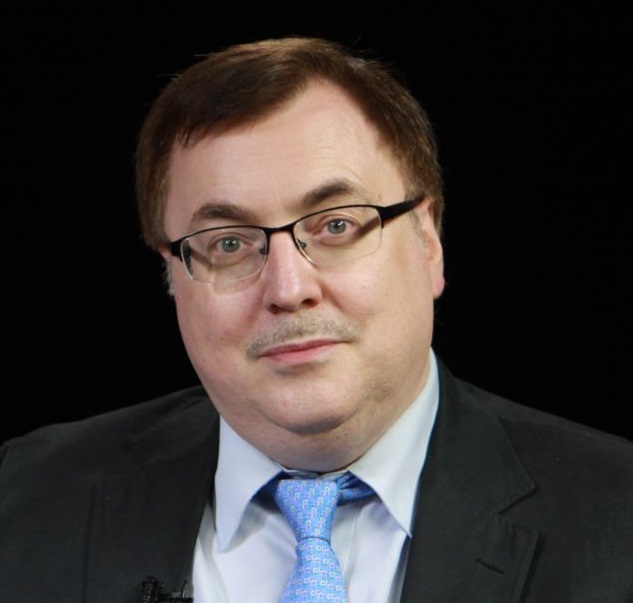The first in the history of QS "Languages and Migration in a Globalized World" subject summit on modern languages and linguistics held at the RUDN University in December 2020
Peoples’ Friendship University of Russia will hold the world’s first summit on the subject areas “Modern Languages” and “Linguistics” — QS Subject Focus Summit 2020 “Languages and Migration in a Globalized World”.
"RUDN University is one of the leading universities in the QS subject rankings of the best universities in the world in modern languages and linguistics, its researchers are regularly included in the lists of the most cited authors in both fields. Thanks to its unique expertise, RUDN University enjoys wide international recognition in matters of languages for special purposes, the use of artificial intelligence in the field of linguistics, migration, identity and language change, inclusive education and cultural diversity, linguistic and religious minorities and their culture, the development of minority languages and other most important aspects of these topics.
The thematic summit, which we are holding together with RUDN University, will become a meeting place for representatives of public authorities, prominent and internationally recognized scientists and researchers in the field of linguistics, heads of faculties of modern languages and linguistics of higher educational institutions, academics, experts and consultants specializing in these areas.
Together with RUDN University, our strategic partner, we will be glad to see you among the participants and guests of the thematic summit." — Sergey Khristolyubov, QS Quacquarelli Symonds.
- Go to the QS Summit website in the Registration section
- In the Registration Fees section, select the required box and the number of tickets that you want to purchase:
- $ 250 for all delegates.
- $ 150 for delegates from listed countries (link).
- Group ticket — three tickets for the price of two (each ticket is $ 167).
- If there is a group of more than three people, a personal discount is possible. Please contact the QS office at ask@qs.com. - For delegates using credit cards (American Express, Visa, Master card, Discover), click on the “Register Now!” Button.
For delegates who are going to pay for the ticket with an invoice or telegraphic transfer, click on the “Pay via Invoice” button
If you have a special promo code, enter it in the “Promo Code” box, click Apply, and then “Register Now!” - You have 15 minutes to fill out the form
- Enter your credit card details
- Complete all fields marked with an asterisk * in the Billing Information section.
- Fill in the fields with * in Ticket 1 Delegate information if the delegate and the paying person are different people.
- Under “Where did you hear us from? *” indicate how you heard about the event.
Under “Have you attended any QS SFS event previously?” please indicate if you have attended any other QS SFS event. - Read and check the “Terms and Policy” box and click “Register Now!”
- A few days before the event, a letter with confirmation of registration and ticket code will be sent to your mail.
- Follow the link in the letter to the event website.
- Click “Enter virtual event” under the title picture.
- In the window that appears, enter your email address, the password is the ticket code.
- Enjoy the event!
For two years in a row, RUDN University has shown the most rapid progress in the QS subject ratings. 2020 was a breakthrough year in language areas — the university took 101-151th place in the QS Modern Languages rating (“Modern Languages”, +50 positions in one year) and 151-200th place — in QS Linguistics (“Linguistics”, +100 positions in one year). Such recognition became possible thanks to the academic achievements and research initiatives of the RUDN linguists.
- In 2018-2020, RUDN University researchers published more than 200 Scopus and WoS indexed articles on linguistics. The works of researchers from the Institute of Modern Languages, Intercultural Communication and Migration of RUDN University are cited 3.5 times more often than global indicators. Main scientific topics are study of minority languages and languages in a minority situation; language contacts; and linguistic migration studies.
- RUDN University experts speak at linguistic congresses at the Council of Europe, at the Rectors’ Forum in Seoul, and at the QS WorldWide World Forum.
- The Russian Journal of Linguistics is one of the few Russian journals in the humanitarian field, indexed in two international databases — WoS and Scopus (Q2).
- RUDN University was the first in Russia to sign an agreement with CNRS (2018), which became the basis of the Franco-Russian laboratory “Dynamics of languages in a minority situation”.
- Every year, at least 10 new agreements on cooperation in linguistics are signed with leading universities in the world, for example: Al-Farabi Kazakh National University (Kazakhstan, QS 165), University of Strasbourg (France, QS 303); University of Porto (Portugal, QS 328).
- RUDN University is a platform for leading researchers’ reports:
- Kristin Tytgat — lecture “The Russian language in modern Western Europe” (Free University of Brussels, Belgium, QS 188);
- Gueorgui Ghristovsky, lecture “Phonology in Portuguese and Bulgarian” (University of Lisbon, Portugal, QS 335);
- Alfredo Ardila, lectures “Cross-cultural neuropsychology” and “Neuropsychology of bilingualism” (Florida International University, USA);
- Gunther Senft (Max Planck Institute for Psycholinguistics, Netherlands). - At RUDN University in a multilingual environment students learn 12 foreign languages, including 6 languages for conference interpreting. Students debate at discussion clubs in thematic language classrooms (Saint-Exupery classroom, Petra classroom); are engaged in polylingual projects (“Kitania” for Chinese-speakers, “Franco-Russian POCIDELKI” for French-speakers, “Oriental Kaleidoscope”). 7 international summer schools are held every year. Annually more than 200 students volunteer as interpreters at 20 sporting and specialized events, including the 2016 Ice Hockey World Championship, FIFA 2018, WorldSkills 2019.
The summit will be attended by 300 of the world’s leading experts in the field of linguistic education and science — researchers, higher education managers, academics and consultants in the field of linguistics. Leading scientists from Australia, France, USA, Japan, Germany, China, Great Britain, Spain and Russia have already confirmed their participation as the key speakers of the summit.
KEY SPEAKERS
Tatyana V. Chernigovskaya — Doctor of Biological Sciences, Doctor of Philology, Corresponding Member of the Russian Academy of Education; Professor of the Department of General Linguistics (St. Petersburg State University), Head of the Laboratory for Cognitive research and the Department of the Problems of Convergence in Natural Sciences and Humanities (St. Petersburg State University). Russia. Research interests: neuroscience and psycholinguistics. Tatiana V. Chernigovskaya was awarded the honorary titles “Honoured Scientist of the Russian Federation” (2010); “Honoured Worker of Higher Education of the Russian Federation” (2017).
Jean-Marc Dewaele — PhD in French “Applied Linguistics”. Professor of the Department of Applied Linguistics and Communication of Birkbeck University of London. UK. General Editor of the Journal of Multilingual and Multicultural Development. Research interests: Second Language Acquisition, Applied Linguistics, Psycholinguistics, Cultural Identity, Intercultural Communication, Emotion, Bilingualism, Pragmatics. Awards: the Equality and Diversity Research Award (2013), the Robert C. Gardner Award for Excellence in Second Language and Bilingualism Research (2016).
Istvan Kecskes — distinguished Professor of the State University of New York, USA; the President of the American Pragmatics Association (AMPRA) and the Chinese as a Second Language Research Association (CASLAR), General Editor of the Intercultural Pragmatics; Chinese as a Second Language Research (Scopus). Research interests: pragmatics, discourse theory, intercultural communication. Awards: Distinguished Professor of the State University of New York (2015); Chancellor’s Excellence in Research Award of State University of New York (2012); Excellence in Research Award of UAlbany, State University of New York (2011).
Michael Haugh — professor of Linguistics in the School of Languages and Cultures at the University of Queensland (Australia). Editor-in-chief of Journal of Pragmatics (Q1). Research interests: pragmatics, conversation analysis, intercultural communication and humour studies, sociolinguistics. He has been involved in the establishment of the Australian National Corpus, and is interested in further developing methods in corpus-assisted pragmatics.
Alain Viaut — Professor in Linguistics, Research Director of the French National. Centre for Scientific Research (CNRS). Expert on the regional and minority languages of the European Charter. France. Research interests: sociolinguistics; types of language contact situations; minority languages and languages in minority linguistic situations. A leading scientist in the Occitan language. Medal of the Academy of Montesquieu for the contribution to the study of the languages of France.
Nobuyuki Hino — Ph.D. (Language and Culture), Professor of Graduate School of Language and Culture, Osaka University, Japan. He is a former director of the International Association for World Englishes as well as a former president of the Japanese Association for Asian Englishes and currently serves on editorial/advisory boards for Routledge, Wiley, and Springer. Research interests: Foreign Language Teaching; ESL; language variantology. Awards: Osaka University Prize (2019); Osaka University Presidential Awards for Achievement (2012); Special Award for Outstanding Contributions to General Education (2010); General Education Award (2008; 2012).
Laura Alba-Juez — Ph.D, Full Professor of Linguistics, Vice-Rector of International Relations of National Distance Education University (UNED) Madrid, Spain. Research interests: Functional Linguistics, Discourse Analysis and Pragmatics. She is also evaluator of scientific projects for the Spanish National Evaluation Agency (ANEP), as well as for some international agencies. She also forms part of the scientific committee of several scientific journals on linguistics and is one of the founders of the Discourse Linguistics Association (ALD). Awards: the “Gabino Barreda” medal; the winning candidate in the “Oposición” exams (2003).
Alexey A. Maslov — Ph.D., Professor, Acting Director of the Institute of Far Eastern Studies of Russian Academy of Sciences, professor of the School of Asian Studies at HSE University. Russia. Research interests: Chinese culture and modern socio-political development, religious and cultural traditions of Chinese civilization. Awards: the Certificate of Merit of HSE University (April 2019); Honorary title “Honorary Worker of Education of the City of Moscow” (October 2017); Certificate of honor of HSE University (November 2014); “The Best Lecturer of the Year” (2019, 2018, 2016, 2014, 2013, 2012, 2011).
Among the topics of the summit are the possibilities of artificial intelligence for linguistic purposes, linguistic identity in the context of globalization, difficulties of migration processes, teaching foreign languages for communication with foreign colleagues, achievements in the study of minority languages, and much more.
PROGRAM
Subject QS Summit on Modern Languages and Linguistics “Languages and Migration in a Globalized World” at RUDN University, December 15-17, 2020.
- Interdisciplinarity in modern linguistic studies
- Comparative studies of languages and cultures
- Linguistics and artificial intelligence
- Intercultural and cross-cultural communication
- Migration and lingua-cultural identity
- Dynamics of languages in minority situations
- Barrier-free education environment (inclusive education, migrants, digital education)
- Language for special purposes
- COVID-19 as a new challenge for education
The summit will be held online.
The working language is English.
All participants will receive a QS Summit certificate. Based on the results of the Summit, a final collection of abstracts will be published, and the best reports will be included in the thematic issue of the Russian Journal of Linguistics (Q2).

